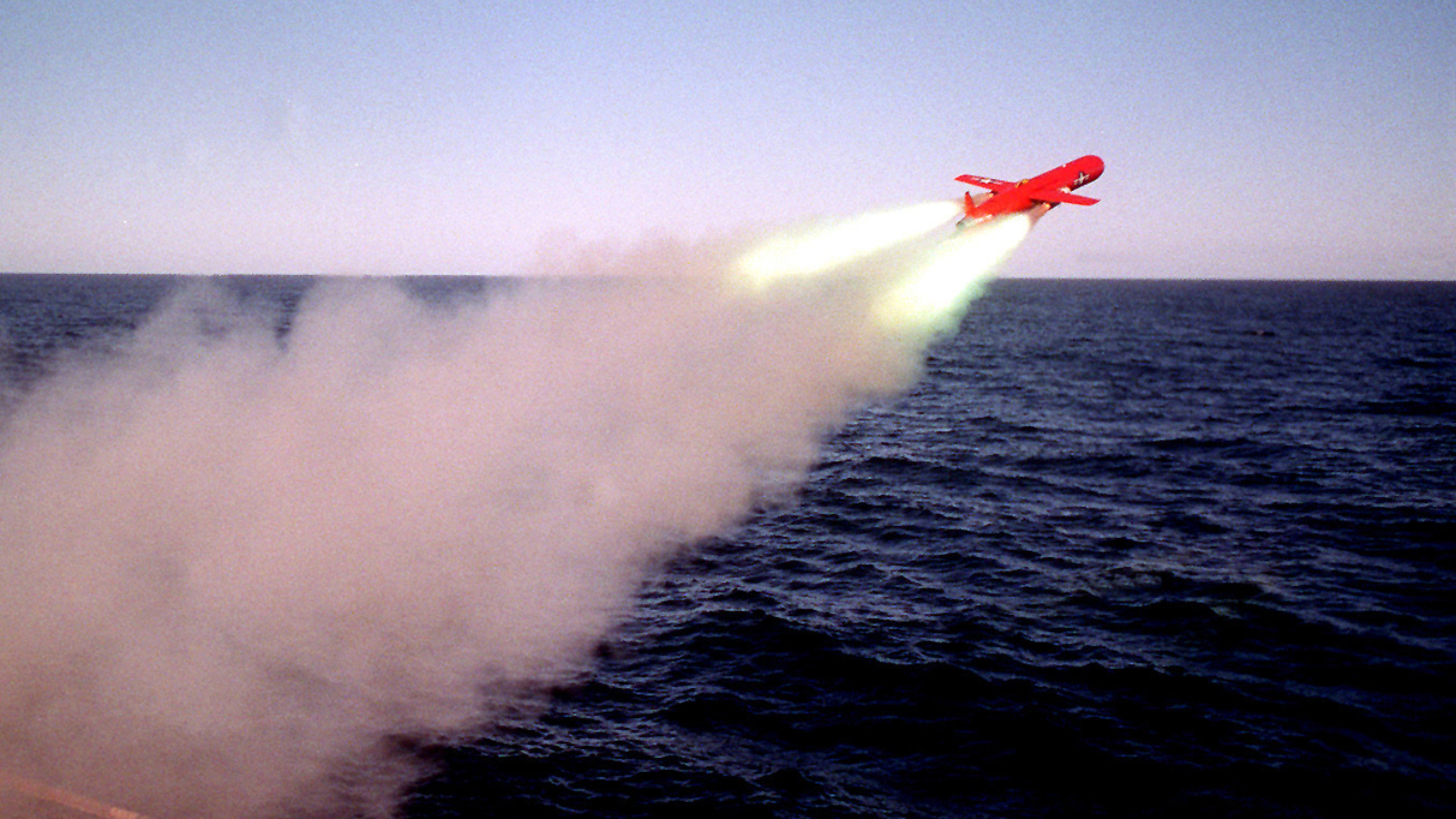By Jonathan Power
The Barbarians are not at the gate. There is no need for a rush to war as the French president, François Hollande, suggests.
The Americans did this after Sept. 11 and raced into Afghanistan with the intention of eliminating Al Qaeda. They failed and they are still in Afghanistan — America’s longest war ever. They have become bogged down in fighting Afghani movements including the Taliban. Some of the Taliban may have hosted Al Qaeda for a while, but accounts suggest they weren’t happy about it. They certainly don’t host them today.
In Harvard University’s magazine International Security, Professors Alexander Downs and Jonathan Monten report they have studied over 1,000 military interventions over many years. It is very rare that there has been success.
Bogged down — these two words should resonate in every Western (and Russian) leaders’ head. Consider Vietnam, Iraq, Afghanistan, Lebanon, and Libya, as well as Russia in Afghanistan and in Chechnya. There is such a long list of failure. Give one good reason why it should be different this time.
Think of the innocents. 200,000 civilians died in Iraq because of a war that the U.S. and U.K. started. In Paris, by comparison, 130 have died. Already many more innocents than that have been killed in Syria/Iraq by U.S., French, Russian and Gulf states’ warplanes. And there will be tens of thousands more if the bombardment is continued. Mea culpa.
Let’s be careful about conflating the issue of Assad’s civil war with the issue of the Islamic State. What triggered Syria’s civil war had nothing to do with what triggered IS. The two began for very different reasons. The Islamic State is Al Qaeda, metastasizing into a more virulent form. Its main raison d’etre is not to defeat the Shiite-supported Assad, although that would be welcome. It is to drive the Western infidel and his “stooges” in Muslim countries out of the Middle East and create its own “pure” Islamic caliphate. It is to revenge itself upon the West for centuries of its “terrorism” — the crusades, the post-World War I seizure of territory, the one-sided exploitation of oil, the creation of Israel on Islamic soil, and the subsequent Israeli take-over of much of the Palestinians’ land.
The backbone of the Islamic State comes in the main from Iraq. They are ex-Baathist soldiers who supported Saddam Hussein and feel that the American-imposed Shiite government Iraq has discounted them.
Say it loud: President George W. Bush and British Prime Minister Tony Blair unleashed the demons that have made the Islamic State the formidable enemy of the West and Russia (and soon perhaps China) that it is today.
Is there an alternative way of defeating or at least containing the Islamic State?
There are other ways apart from war to cut the Islamic State down to size — sanctions that make sure that funding is cut off and its leaders and supporters cannot travel, use banks or money transfer businesses. Private donors to the Islamic State in Saudi Arabia and Qatar must be arrested. Cancel the passports of those jihadists resident in the West and Russia who have gone to fight. Take away the European and U.S. citizenship of those who present a terrorism risk and have dual citizenship. They would pay the price of never seeing their families again. Enhance the defensive deployment of Iraqi troops to protect the revenue-giving oil wells.
At the same time, the West needs to continue its so-far successful efforts to stymie terrorist activity back home. But it mustn’t work itself up and exaggerate its vulnerability. Until Paris there hadn’t been a major terrorist outrage in the West since 9/11, the bus bombing in London in 2005, and the train bombing in Madrid in 2006.
Encircle the Islamic State and squeeze. Encourage the towns they occupy (Raqqa for instance, which France is now bombing) to empty out and their native inhabitants to head for refuge in Turkey, Jordan or Iran. Then deny Islamic State militants, once they move into a town, food, water, phones, electricity, and medical supplies.
Something not too dissimilar was carried out by the Russians in their war against Napoleon. Muscovites were ordered to abandon the city. From that moment on, lacking fresh supplies and shelter, Napoleon’s campaign went downhill.
The refugee camps must be made more enticing. At present they are having to cut their budgets because of the lack of funding from U.N. members. Funds for food, clinics, and schools in the camps have, over the last year, been seriously cut back.
If people are to leave behind their towns, work, schools and health services, they need good facilities in the refugee camps.
Within a couple of months these new refugees should be able to go home. If the Islamic State invaders have no water, food phones, medical supplies and electricity, they will not last long.
This is what is called “lateral thinking” or “thinking outside the box.” This, indeed, is how we need to think.
*****
*****
Jonathan Power is a former long-time foreign affairs columnist for The International Herald Tribune and author of Conundrums Of Humanity: The Big Foreign Policy Questions Of Our Day.
[Picture courtesy of Wikimedia Commons]
